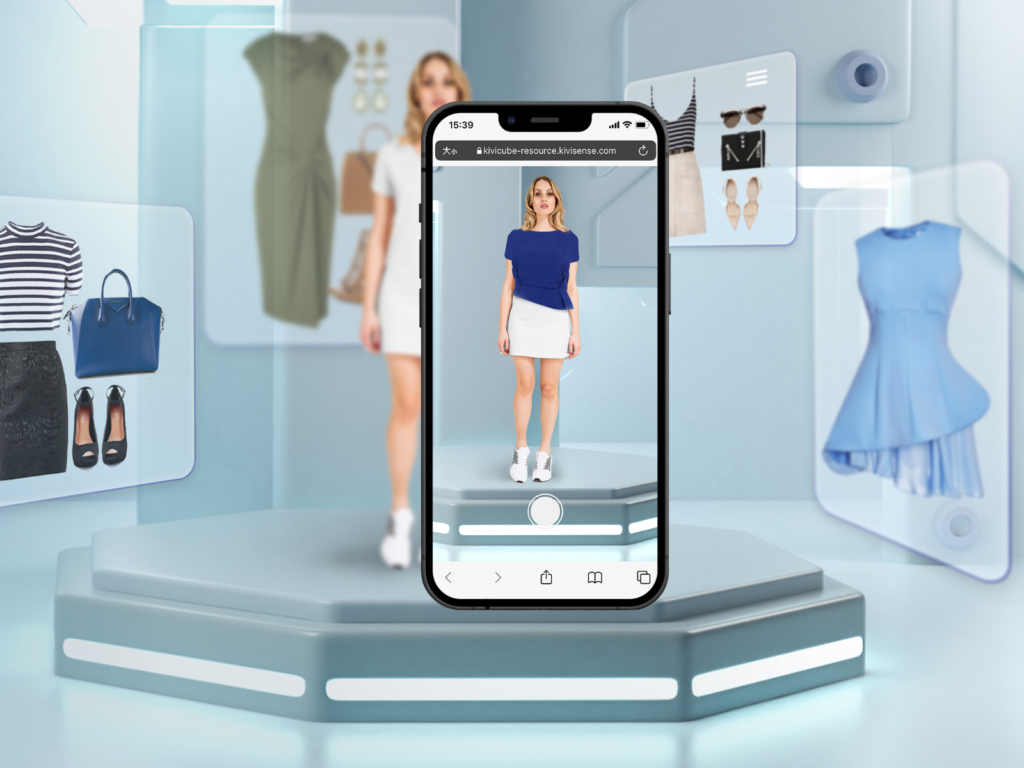The integration of Virtual Try-On (VTO) technology in online retail has emerged as a pivotal strategy for wholesalers, retailers, and merchandisers aiming to enhance marketing visuals and optimize sales performance. This innovative tool transforms static product images into dynamic marketing assets, allowing businesses to showcase their offerings more engagingly and realistically.
Understanding Virtual Try-On Technology
Virtual Try-On technology utilizes augmented reality (AR), computer vision, and artificial intelligence (AI) to create immersive experiences that enable users to visualize products in real time. By overlaying digital representations of products onto images or videos, VTO allows businesses to present their items in a way that closely mimics the physical shopping experience. This technology is particularly beneficial for industries such as fashion, beauty, and accessories, where visual representation is crucial for driving sales.
Benefits of Virtual Try-On for Businesses
Enhanced Marketing Visuals
One of the primary advantages of VTO technology is its ability to enhance marketing visuals. Retailers can create high-quality, interactive product displays that attract potential buyers. Unlike traditional product images, which may fail to convey texture, fit, or style, VTO provides a lifelike representation of how products look on various body types or facial features. This capability is invaluable for merchandisers looking to improve product presentation and engagement levels.
Increased Conversion Rates
Implementing VTO technology has been shown to significantly boost online conversion rates. Research indicates that products featuring AR content can achieve conversion rates up to 94% higher than those without it. By providing a more interactive shopping experience, VTO reduces uncertainty regarding product appearance and fit, leading to increased purchase confidence among potential buyers. For wholesalers and retailers, this translates into higher sales volumes and improved inventory turnover.
Reduced Return Rates
High return rates are a persistent challenge in online retail, often stemming from mismatches between customer expectations and actual product appearance. Virtual Try-On technology addresses this issue by allowing users to visualize products before purchase, thus minimizing the likelihood of returns due to dissatisfaction with fit or style. Businesses utilizing VTO can reduce return rates by as much as 60%, resulting in significant cost savings and improved operational efficiency.
Data-Driven Insights
The integration of VTO technology generates valuable data regarding user preferences and behaviors. Each interaction with the virtual try-on tool provides insights into which products are most popular and how they are being used. This data can inform marketing strategies, inventory management, and product development efforts. For merchandisers and wholesalers, leveraging these insights can lead to more targeted advertising campaigns and better alignment with market demands.
Implementation Considerations
To successfully integrate Virtual Try-On technology into an online retail platform, businesses should consider several key factors:
- Choosing the Right Provider: Selecting a reliable VTO solution provider is crucial. Evaluate vendors based on their technological capabilities and support services.
- Creating High-Quality 3D Models: The effectiveness of VTO relies heavily on the quality of the 3D models used. Investing in high-resolution models that accurately represent product details will enhance user experience.
- Seamless Integration: The VTO tool should integrate smoothly with existing e-commerce platforms to ensure a cohesive user experience.
Conclusion
Virtual Try-On technology represents a transformative opportunity for wholesalers, retailers, and merchandisers seeking to enhance marketing strategies and improve sales performance. By creating engaging marketing visuals that accurately depict products in real time, businesses can increase conversion rates while reducing return rates. Furthermore, the data-driven insights generated through VTO interactions empower companies to make informed decisions that align with market preferences. As the retail landscape evolves towards digital solutions, embracing Virtual Try-On technology will be essential for maintaining competitiveness and driving growth.

